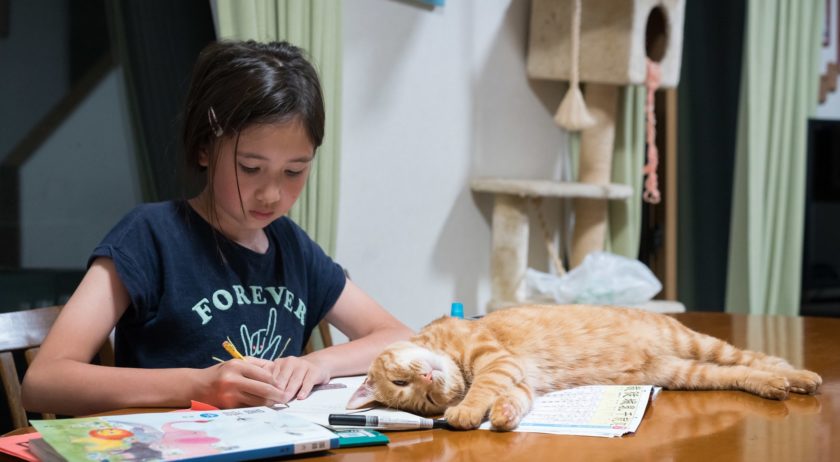Parents naturally want their children to have better lives than they do and are rightfully concerned that their children’s futures will not be as good as their own. Uncertainties about the future such as climate change, overpopulation, and international tensions will impact all 21st-century kids. There are also very serious concerns about the types of jobs that will exist for our children as they get older. Robots, artificial intelligence, computers, and other automated tools are making 20th-century jobs obsolete. Even now in 2019, it is easy to see the plight of families who were previously involved in vocations such as mining, manufacturing, and farming. But these types of jobs are merely the tip of the iceberg. Contemplate the supermarket of the future in which cashiers and baggers are not needed and stocking shelves is done by robots. Consider the demise of the department store and other mortar-and-brick stores. Who needs to drive to the mall when you can get anything you want delivered to you the next day without leaving the house? Think about the publishing industry, where books, newspapers, and magazines no longer require paper or distribution. Taxi, truck, and bus drivers may soon find themselves without jobs, as well. Sounds bleak, but it needn’t be if we prepare our kids for the future.
Skills that cannot be automated, performed by robots, or replaced by artificial intelligence will be necessary to ensure the success of children in the future. Many 21st-century jobs will be less repetitive, involve skills such as creativity and adaptability, and often be more challenging. These skills will require cognitive thinking and social-emotional skills, including specific skills such as planning, organization, empathy, collaboration, creativity, flexibility, and problem solving. Such skills are best summarized as a combination of executive-functioning and social-emotional learning skills. Preparing children for the future requires that we teach them these skills now.
I can’t state this clearly enough. All the training in the world in learning to read, spell, or do simple mathematics will not be enough to prepare your children for the future. Preparing for a future where children will need to adapt, change jobs many times, and be able to work with others will be far more important. That’s why teaching executive-functioning skills (which is one thing we haven’t figured out how to make machines do yet) will be essential. Perhaps down the road we will be able to teach machines executive functioning and social-emotional skills, but we’re not there yet.
I encourage parents to start thinking about teaching these skills now. Here are some basic ways to help your children develop executive-functioning and social-emotional learning skills:
- Teach them to ask “WH” questions. Learning to ask what, why, where, when, and who may be helpful in developing a broader understanding of situations they encounter. “WH” questioning can help with planning, metacognitive, and time-management skills.
- Encourage flexibility in thinking and problem solving across all settings. Ask children to consider alternative approaches they might have tried to problems they encountered and evaluate those with them. For example, talk about the steps they routinely take to get ready for school and consider some other routines. Alternative problem solving can help in developing flexibility, focus, and flexibility skills.
- Promote creativity and encourage them to do things differently. Foster this creativity in how they dress, the way they produce artwork, interests they wish to pursue, or cooking something different for your family. Help them to be willing to take a risk to learn about something new. Fostering creativity helps with flexibility, organization, and planning skills.
- Let them fail. Yes, it’s OK to be wrong! All too often parents prevent kids from learning by providing too much help. While many kids need support in developing executive-functioning and social-emotional learning skills, it’s also important to allow failure to be a common experience so they can learn from it. A great example of where kids routinely learn from failure is in their video-game play. Almost by definition, kids learn to play video games by failing, dying, or losing health in the games. This is often the best type of feedback kids get in video games, and those who learn from their mistakes in games can also learn about the same philosophy in real life. Failing helps with learning about self-control, social thinking, and flexibility skills.
- Insist on collaboration and communication skills. Some of these may occur in ways that you are not comfortable with, such as children’s engagement with social media, texting, and other non-face-to-face methods. This is OK, as long as they also have opportunities for real-life, face-to-face experiences. Expect and if necessary demand that the majority of their online communication with others occurs with peers from school or that they interact with friends at a face-to-face level. Collaboration and communication opportunities help kids develop social-emotional learning and self-awareness skills.




